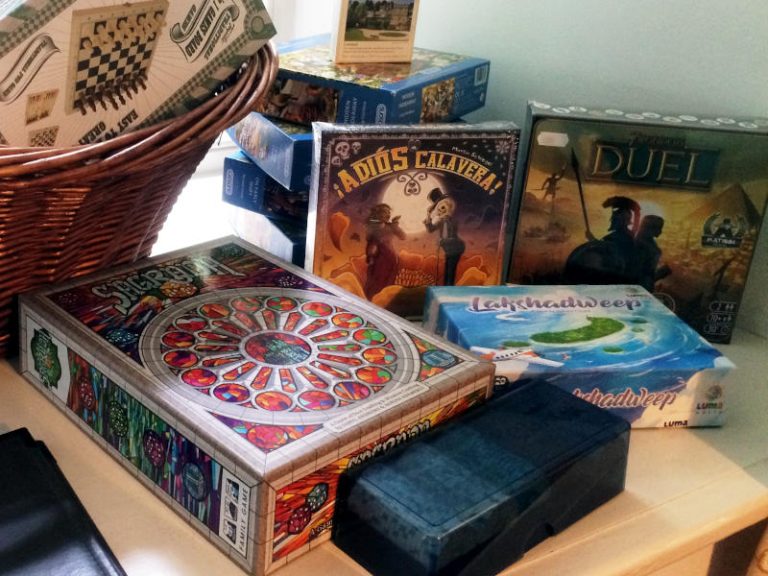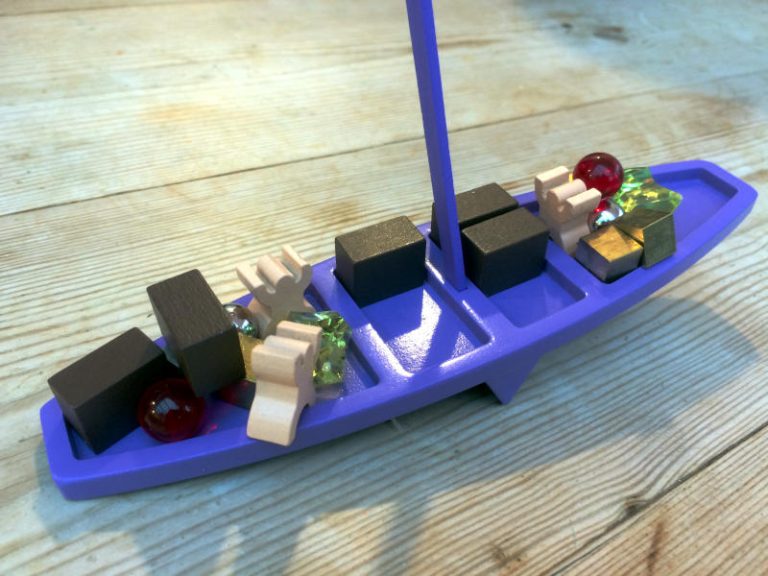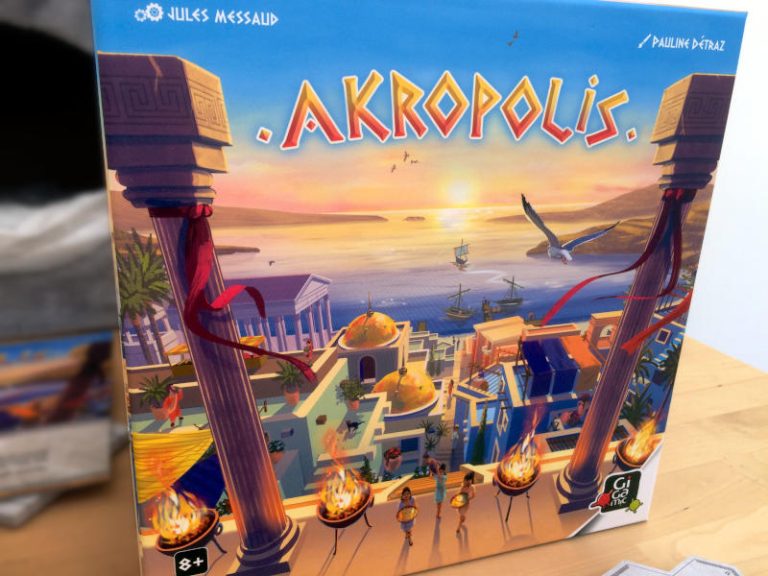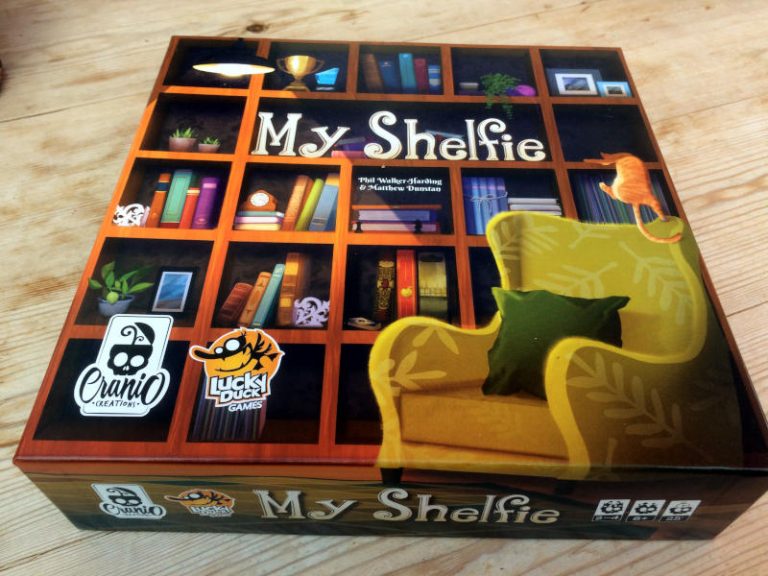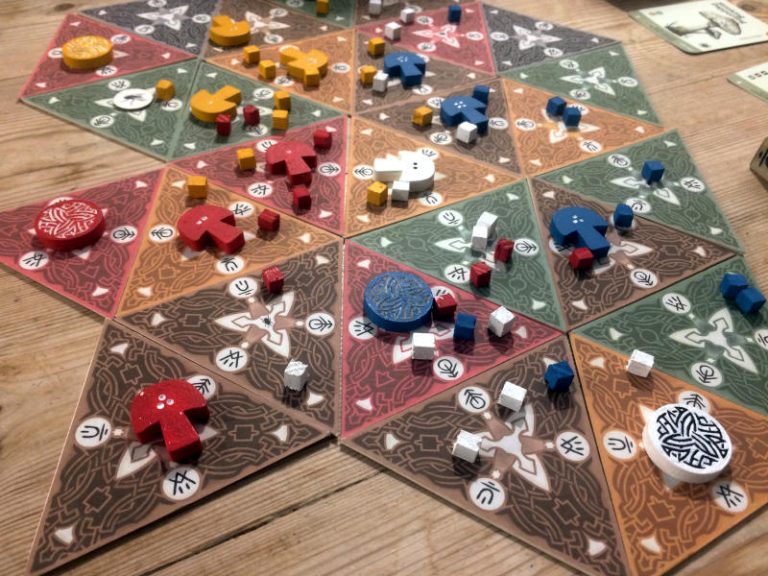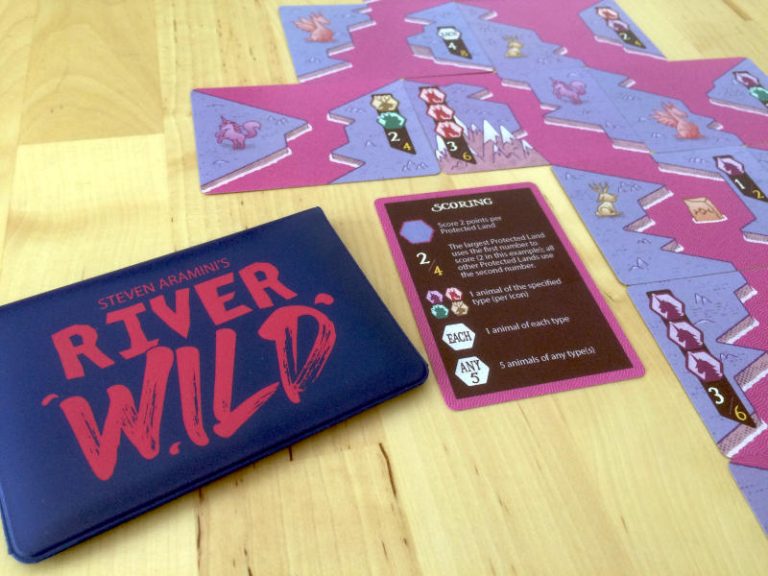Board Game Feelings – what board games mean to me (Topic Discussion)
Inspired by an essay that Bez from Stuff by Bez published a few days ago on Board Game Geek, I thought I might also write about what board games mean to me. Unlike her, I'm not a designer. I'm a consumer of board games, often with a critical eye because I'm also a reviewer. So I'm coming at this from a different angle and of course, my experiences with and expectations of board games will be different to Bez's. Anyway, I hope you find it interesting and as always, it would be great to hear your thoughts on the topic.

